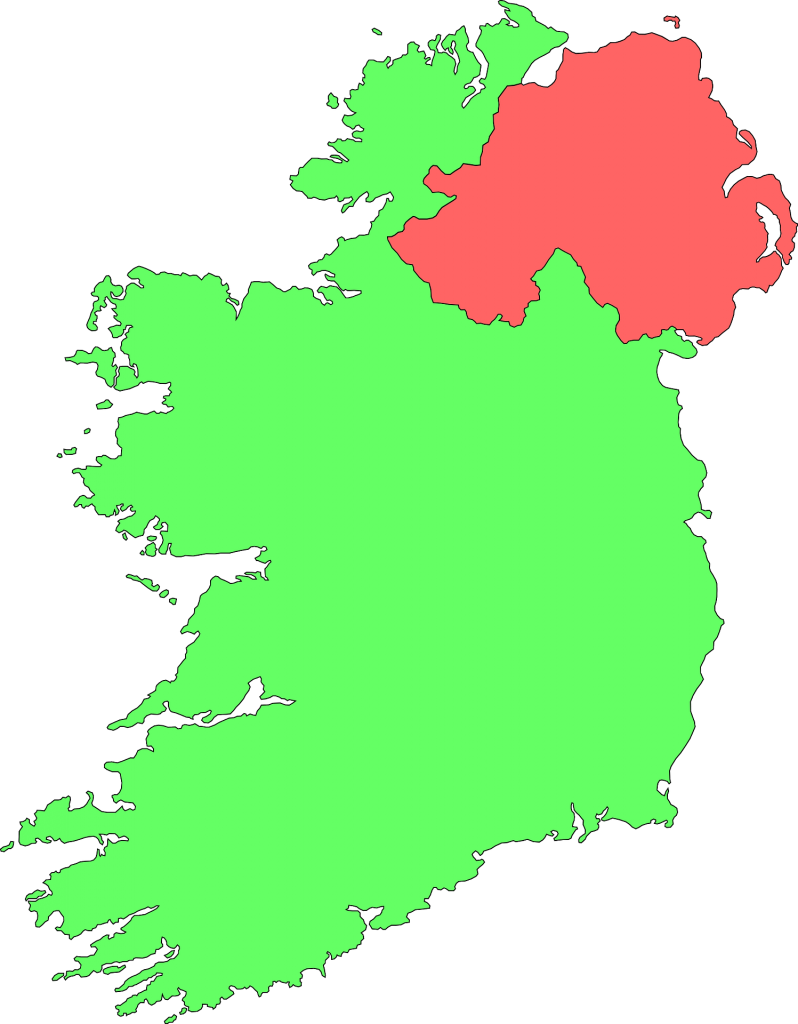Background
Movement of agrifood goods between Northern Ireland and mainland Great Britain is an ongoing challenge to find a satisfactory solution.
As an integral part of the UK, the British Government want businesses to be able to move goods as easily to NI as they do within GB. However due to its land border with the Republic of Ireland, and the desire of all parties to avoid a hard border, the EU have concerns about it being used as a back door to the single market.
NI is currently considered to be both within the UK internal market and within the EU single market, for SPS goods.

The “Windsor Framework”
From 1st October 2023, a new system is in operation, agreed by the EU and UK, called the Windsor Framework. The Northern Ireland Retail Movement Scheme (NIRMS) permits GB exporters who are members of the scheme and are sending good for final consumption in NI to benefit from a simplified export process. This includes goods for both retail and catering/hospitality.
Goods not at risk of moving into the EU, can travel via the “green lane” and simply need a single document called a “General Certificate”, produced by the exporter and endorsed by the competent authority to cover all goods shipped. There will be a phased introduction of “not for EU” labels required on the packaging.
Any goods sent that are at risk of entering the EU, or do not have the required labelling, or where the exporter is not a NIRMS member, will need to go via the “red lane” and require full EHC completion. The UK Government’s movement assistance scheme (MAS) provides a subsidy of up to £150 to help towards the cost of these EHCs, and this has been extended until 30/6/25.
There are still a number of grey areas such as any restrictions on triangular trade, processing and reexport, what happens to mixed red and green lane consignments and queries over specific labelling requirements.

A